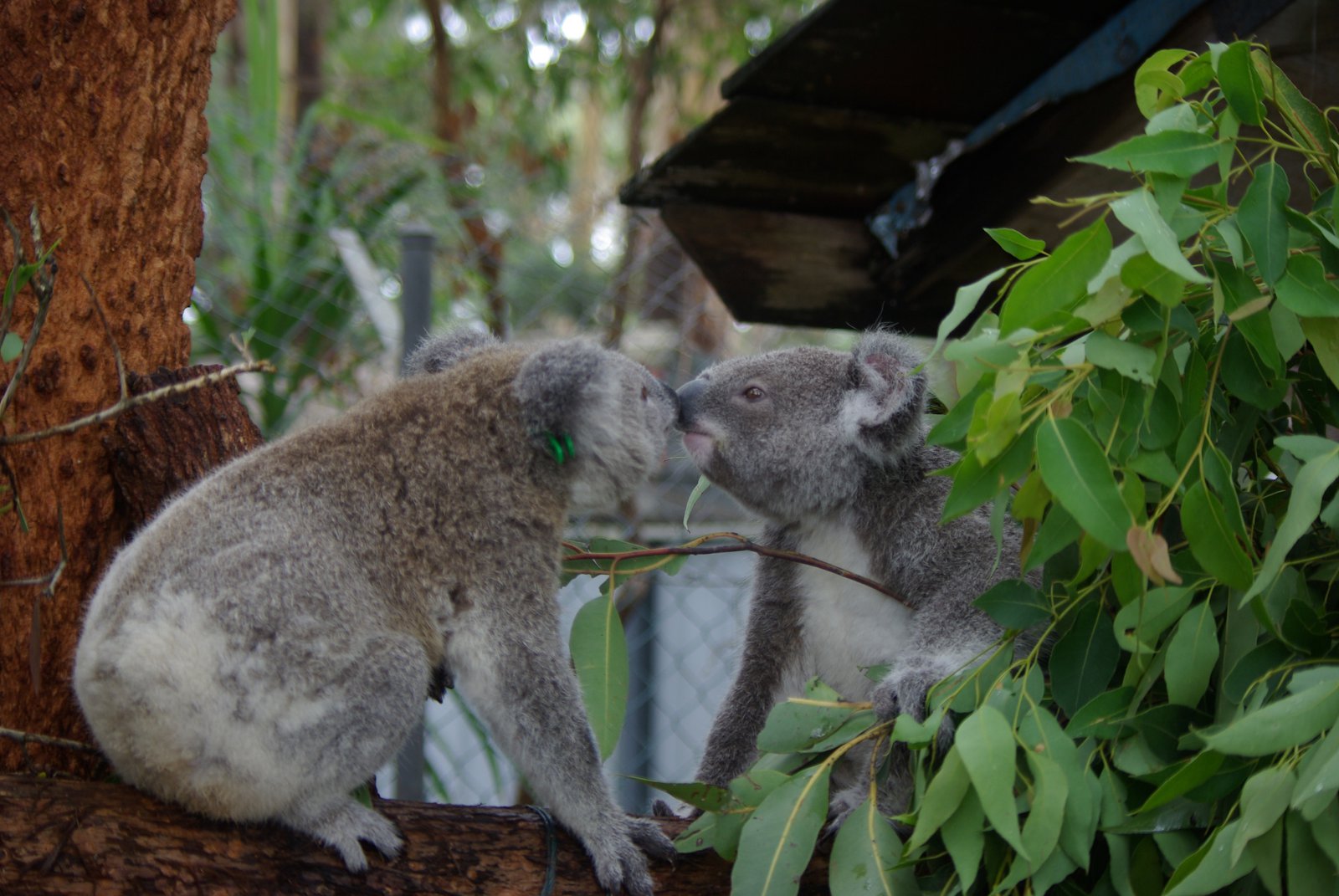Koala genome breakthrough
Well, until recently they were the only native mammals to have had their genome sequenced. 'Now they are joined by the Koala,' said Australian Museum scientist Dr Rebecca Johnson.
Rebecca announced the breakthrough at a media conference held at the Museum earlier this month.
‘Genome sequencing decodes the entire genetic makeup of a species’, said Dr Johnson, head of the Museum’s Australian Centre for Wildlife Genomics. ‘Sequencing the Koala genome will provide scientists with new insights into some of the problems now facing the Koala, such as its immunity to diseases, its genetic diversity and the structure of its populations.’
‘It reveals those genes that are similar between related species – and with humans – as well as those genes that are unique to each species. We can even work out how the Koala is able to digest the otherwise toxic diet of eucalyptus leaves!’

© unknown
Breakthrough
The breakthrough is the first milestone in a longer term project with research partners QUT (Queensland University of Technology). Project co-leader Professor Peter Timms, of QUT’s Institute of Health Biomedical Innovation, said that insights from sequencing the genome could mean the difference between extinction and survival.
‘The more we know about the Koala, the more effectively we can advise on managing wild populations – particularly those in New South Wales and Queensland which are affected by geographic dislocation and diseases’, Professor Timms said. ‘Suddenly the genome sequence can tell us things – overnight almost – that people haven’t been able to tell us for the past 100 years.’
Scientists are excited by the potential applications for the genetic data. ‘We can also compare the sequenced data with specimens from the Museum collection to reveal how Koalas have responded to environmental changes in the past’, said Rebecca.
Blueprint
The next stage in the project will collate vast reams of information about the genome to form a blueprint of the Koala’s genetic map.
‘We’re piecing together all of the sequenced information to understand the full genome of the Koala’, said Rebecca. ‘It’s a critical part of the project but it’s going to take another three or four years to complete and requires a team of specialists – including the Museum’s principal research scientist Dr Don Colgan, senior research scientist Dr Mark Eldridge, data specialist Dr Matthew Hobbs and technical officer Andrew King.’
Food for thought
The Koala genome project is supported by the Australian Museum Foundation, which raises money to further the Museum’s critical research work.
Funds raised support our Australian Centre for Wildlife Genomics, enabling scientists to undertake further research, including sequencing the genomes of other iconic native species such as the Cassowary and Wombat.







